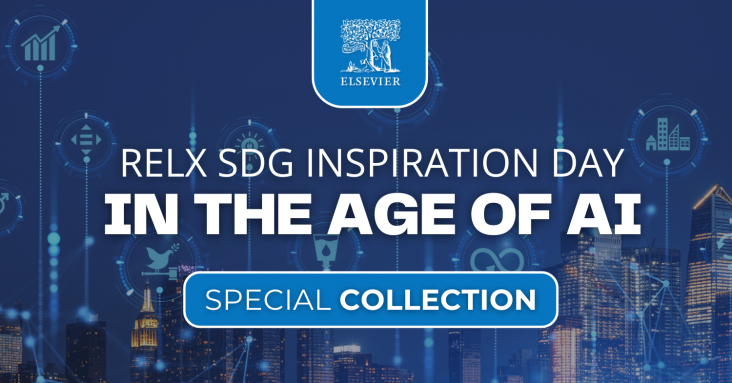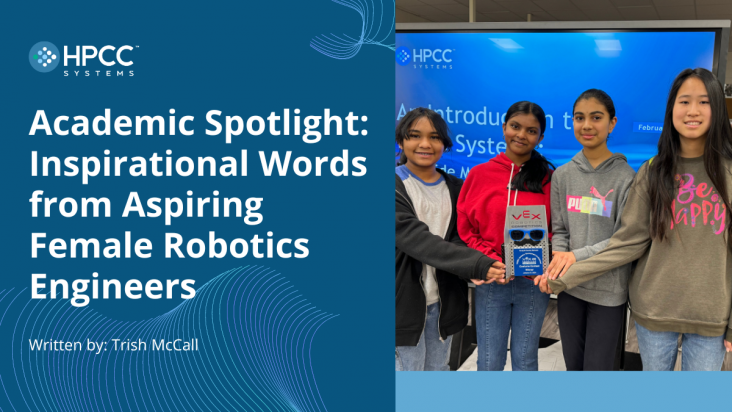
Responsible Artificial Intelligence Re-engineering the Global Public Health Ecosystem: A Humanity Worth Saving, 2024, pp 215-243
This content aligns with Goal 3: Good Health and Well-being and Goal 9: Industry, Innovation, and Infrastructure by considering the public health opportunities presented by artificial intelligence, as well as the need for more inclusive representation in key public health topics.
Digital Healthcare in Asia and Gulf Region for Healthy Aging and More Inclusive Societies: Shaping Digital Future, 2024, pp 331-352
Artificial Intelligence-Empowered Modern Electric Vehicles in Smart Grid Systems: Fundamentals, Technologies, and Solutions, 2024, pp 477-502
Corporate social responsibility (CSR) is perceived as a valuable practice by business organizations to demonstrate their commitment towards social, economic, and environmental causes, and it active

